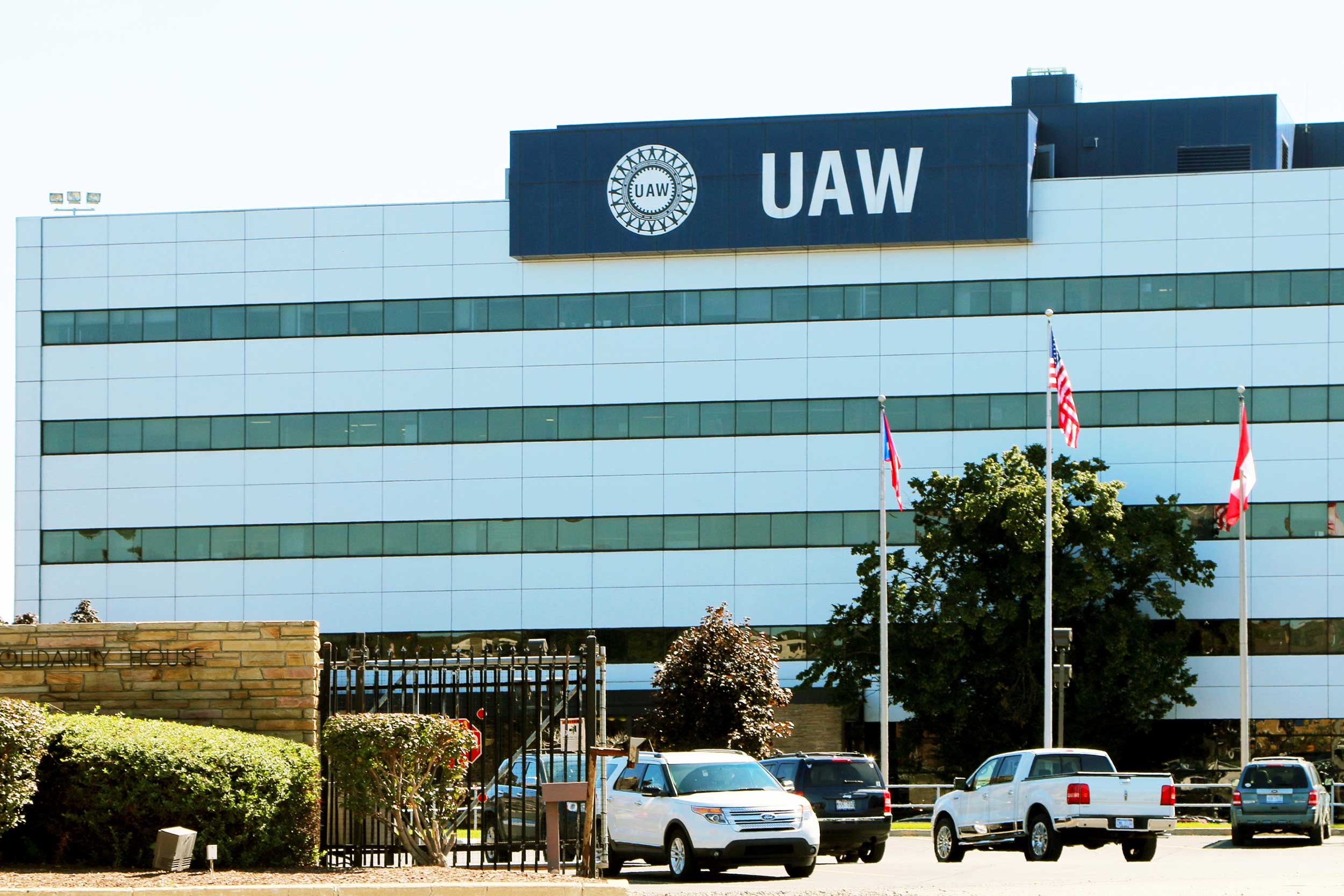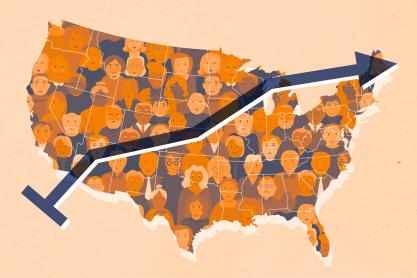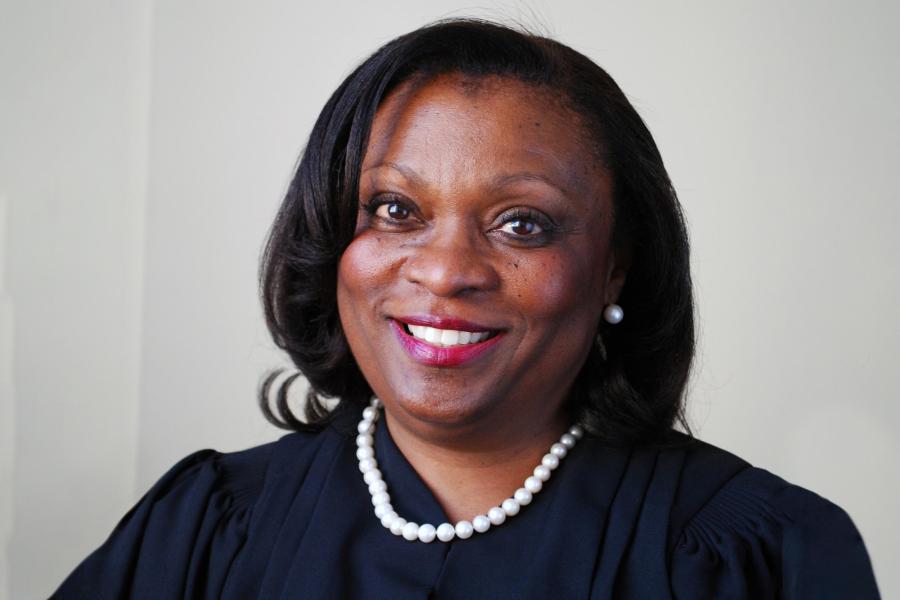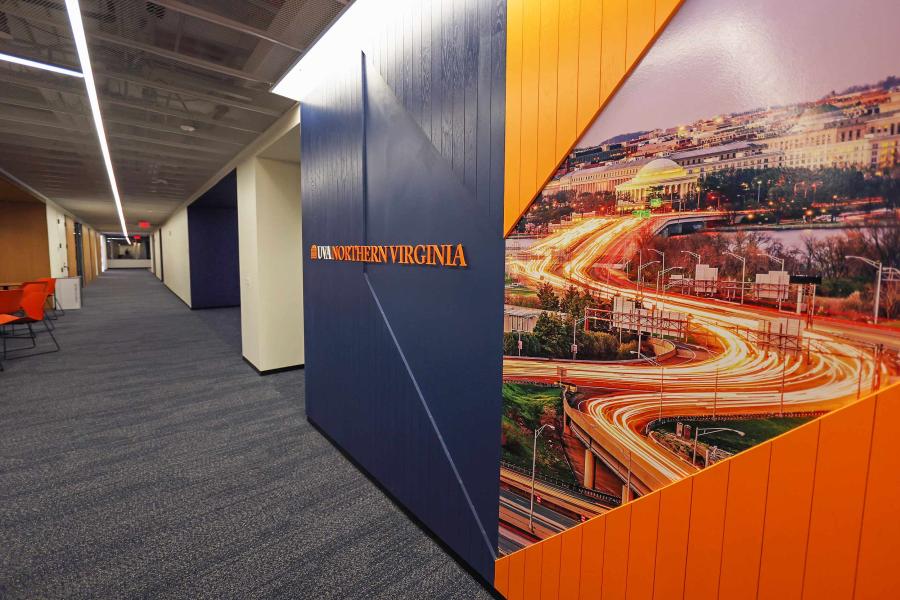Striking is a protected activity under the National Labor Relations Act, prompting the UAW to say Trump and Musk had illegally tried to “threaten and intimidate workers.”
It’s not the first time Trump or Musk have gotten in trouble for worker mistreatment. Trump has allegedly failed to pay his employees, and the National Labor Relations Board found Musk guilty of firing union organizers, among other unfair labor practices.
UVA Today talked to University of Virginia School of Law’s T. Munford Boyd Professor of Law, Rip Verkerke, to learn more about the UAW’s complaint and whether the union can sue on behalf of nonunionized workers.
Q. What does it mean to file charges with NLRB?
A. The NLRB has exclusive jurisdiction over any claims for a violation of the National Labor Relations Act. Someone who has been injured can file a simple form with a regional office. Then, they will investigate and move forward with charges if they find reason to believe the employer violated the statute.
Q. Does the UAW’s complaint appear to hold water, given what we know now?
A. It’s the sort of allegation that has led to liability in other cases. There are cases finding employers liable for threats made during media interviews. The current National Labor Relations Board maintains that any policy or statement is unlawful if a worker would reasonably understand it as threatening adverse action against employees who are exercising their rights under Section 7. The right to strike is expressly enumerated in Section 7. Thus, any threat to fire workers who choose to strike is illegal, though hiring permanent replacement workers for economic strikers is permitted in limited circumstances.
The NLRA only covers employers engaged in commerce. My understanding is that the complaint against Elon Musk focuses on Tesla, and he’s clearly subject to liability so long as workers would reasonably understand his statements as applying to Tesla. It’s perhaps a little less clear if he can be held liable for simply agreeing with Trump, since Trump’s statements arguably didn’t threaten Tesla employees.
Q. Have there been similar cases?
A. There’s nothing particularly novel about bringing an NLRA complaint for statements that threaten retaliation against workers for exercising their Section 7 right to engage in protected concerted activity for the purpose of mutual aid or protection (in this case lawful strikes).
The only distinctive features of this case are that: One, the statements were addressed to the public rather than to workers themselves, and two, one of the participants in the dialogue is running for president. At the moment, I can’t think of any directly analogous situations.
Q. Neither Tesla employees nor Trump’s campaign staff are unionized. How can the UAW sue on their behalf?
A. The NLRA equally protects nonunion workers. Employees, unions and employers are allowed to file complaints. The NLRB regional office investigates and decides whether to bring charges against the employer. There is no private right of action, meaning that only the NLRB counsel can actually bring legal charges for a violation.
Q. Both Trump and Musk have histories of labor violations. Would that factor into an NLRB investigation?
A. Prior conduct could be relevant evidence concerning their intent. But these statements still would need to make a reasonable employee fear retaliation for exercising Section 7 rights.
Q. What’s next for this complaint?
A. The regional office will investigate the charges. If they find the claim has merit, they’ll try to settle, and if no settlement is possible, they would issue a complaint and seek sanctions against the employers.







